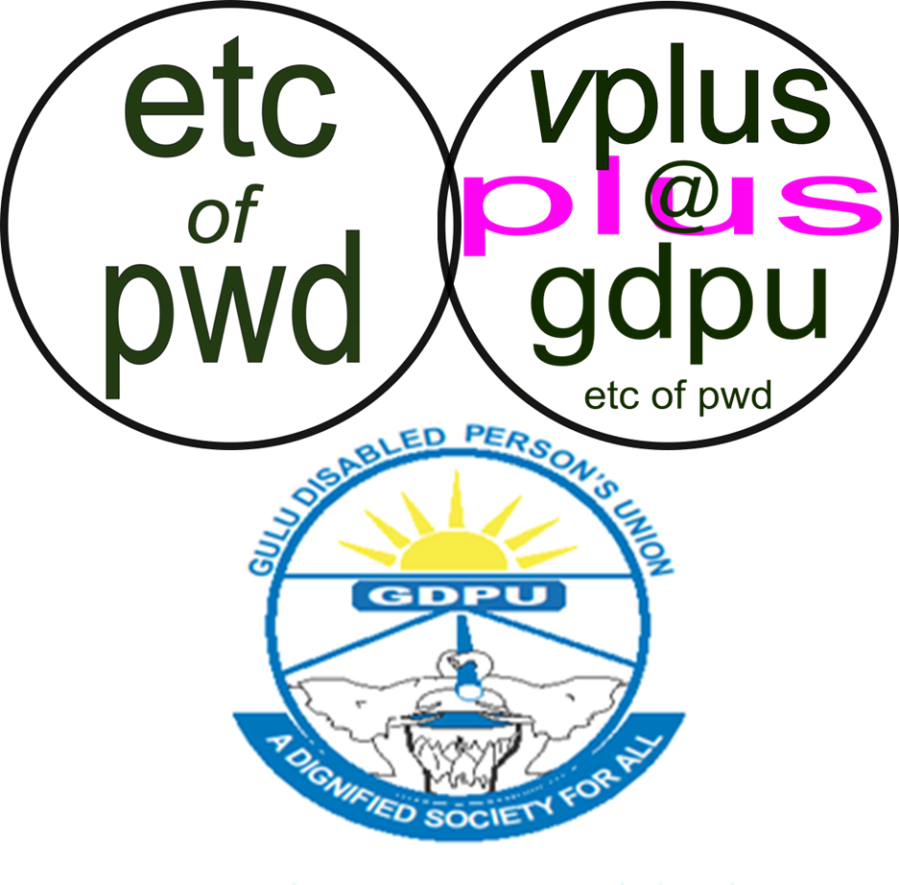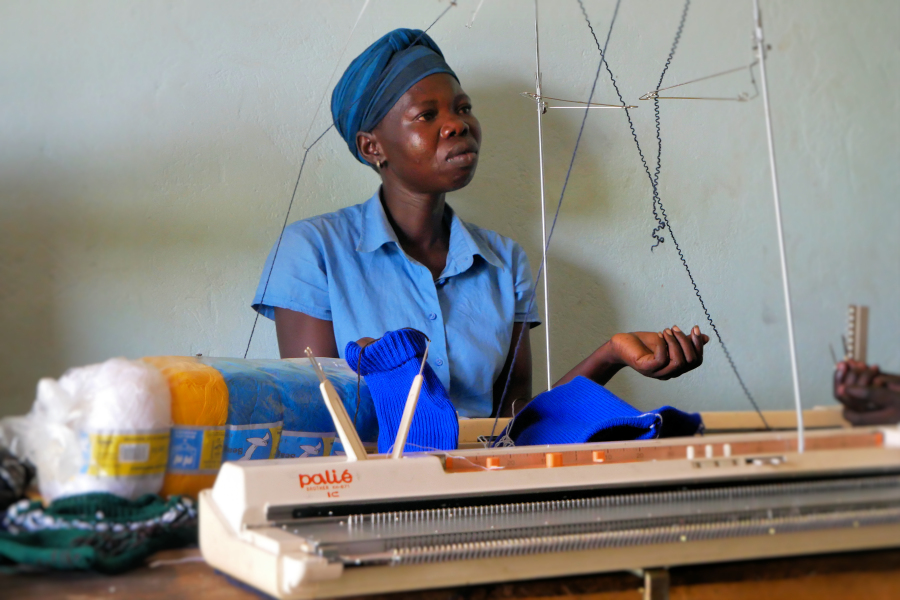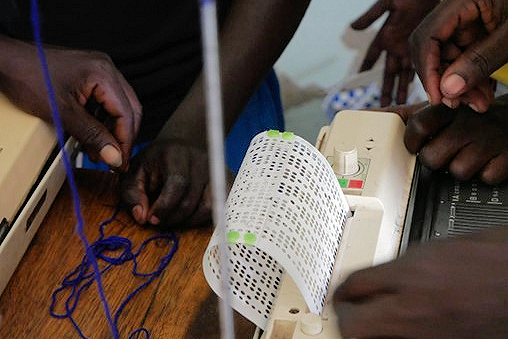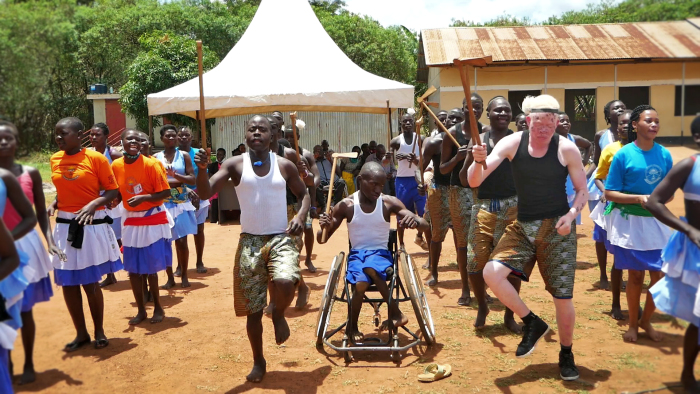The ETC of PWD trustees are just back from their (self-financed, of course) biannual trip to Gulu Disabled Persons Union in Northern Uganda.

VPlus Evaluation
The VPlus vocational training programme for young people with disabilities in Gulu and surrounding districts has been signed off with an A+ (project exceeded expectations) by FCDO. The full evaluation report is available for all to see on the ETC of PWD website, a shorter executive summary is also there. Printed copies are being distributed to interested parties in Gulu.
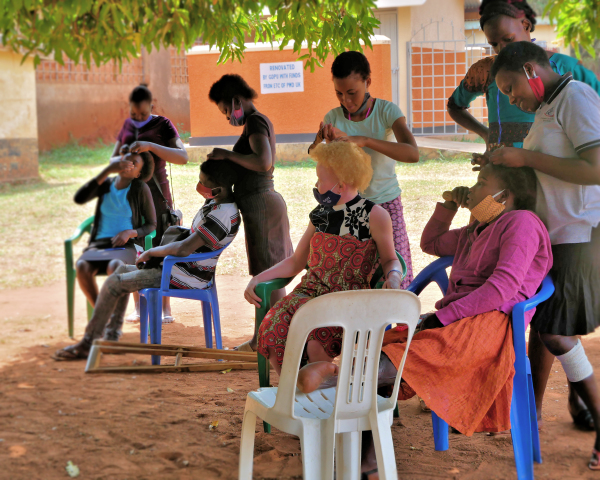
Trip Focus 1: How Are They Pushing On?
Our focus was to see how the subsequent Vplusplus programme (Post training for VPlus graduates and others) is pushing on and, of course, to discuss the new Viva@GDPU programme.
Reflections
Our discussions at GDPU, showed how much was learnt during VPlus and how flexible a programme must be. Reflection meetings for example, have increased in importance, they bring together past trainees and have become a vital part of Post Training.

These meetings create networks that support graduates, attendees open up in ways that are useful. Peers learn new ideas from the successes and mistakes of others. Other sources of income are discovered, eg the boy who has made a bicycle powered knife sharpener. Making liquid soap came from reflection meetings and is now a useful income stream for many, especially Sweater Weavers whose work is seasonal. Every meeting leads to new developments.
To the Field
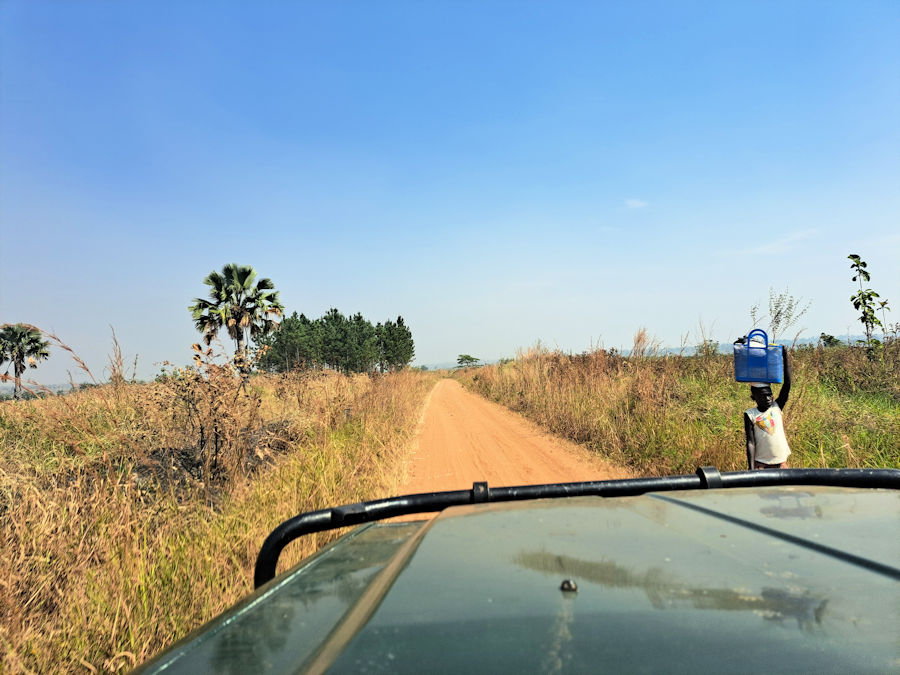
Musema Faruk – the programme manager – put on trips to the field for ETC trustees to see beneficiaries. For example, to Abwor to visit Brenda, a Design and Decoration graduate. Such visits allow you to appreciate the significance of long term support.

Brenda makes mats and beads, but it’s the beads that are the real sellers. She lives with her mother and is a keen member of her church choir. We met her pastor who is helpful and wants her to do well. Unfortunately others are not so supportive, it will take time for them to see her qualities.
Families
GDPU has also developed greater interaction with parents and the community. Teaching family members the same skills as the trainee for instance. So that when, as is often the case with Design and Decoration graduates, they forget what they have learnt the family member can step in and reinforce earlier learning. Many girls with disabilities stay with their mothers, future courses should therefore include the mother for various forms of support. As trustees saw on field trips to Brenda in Abwor and Winnie in Pabbo.

In Koch a VPlus Motor cycle mechanic has a position in a workshop, with obvious support from the owner. Each mechanic works and charges their own customers, but has to buy spares and pay rent to the owner. That means competition for customers and the less strong get less work, obviously a concern for those with disabilities. Unless, as in this case, the owner looks out for them in conjunction with visits from GDPU.
Viva@GDPU
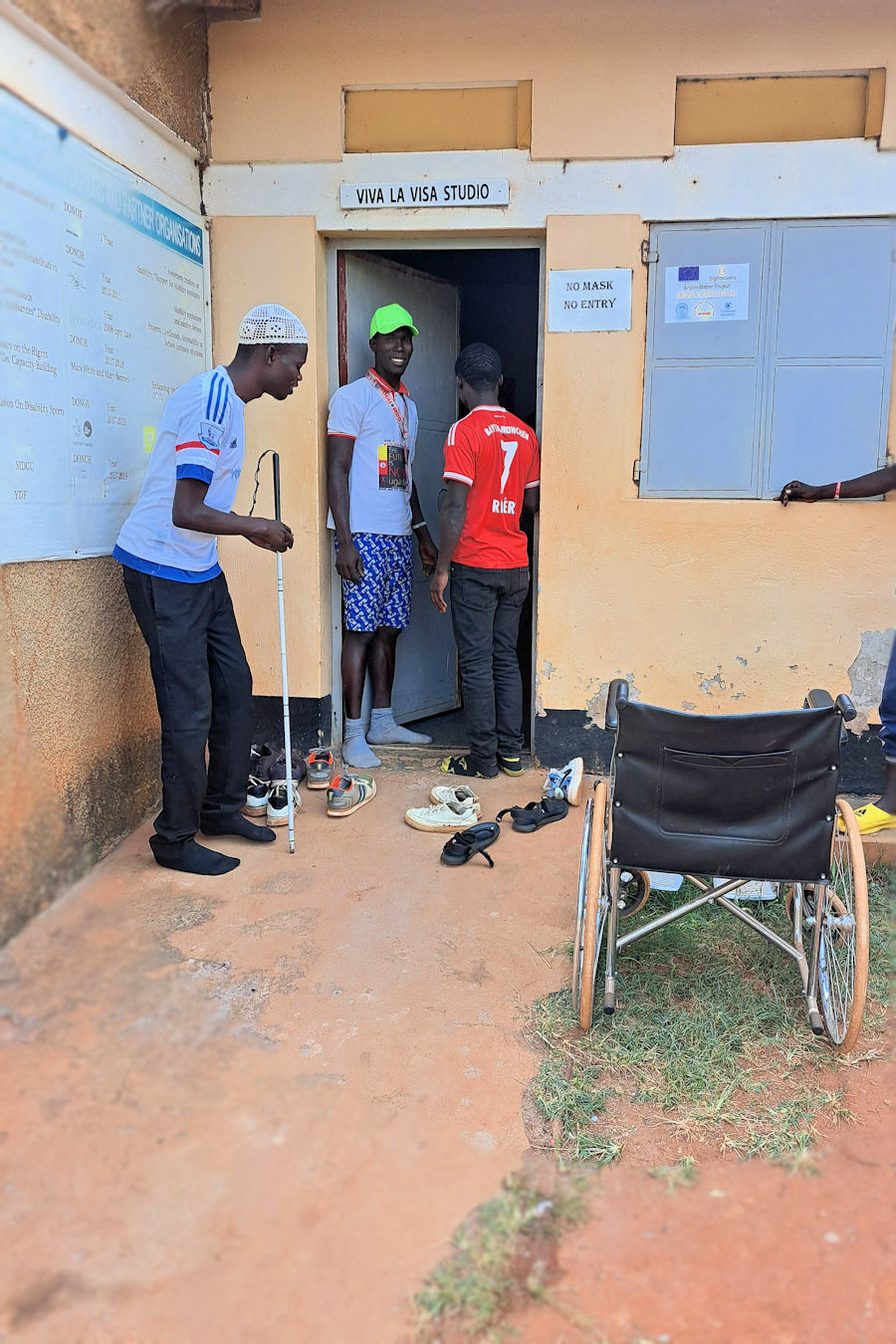
The new Viva@GDPU music studio is a delight, small but perfectly formed and very active, it creates a real buzz across the whole GDPU site. It was wonderful to see, for example, a young man with severe cerebral palsy who finds it difficult to communicate, really developing his computer skills, and busy writing some excellent music too. The key to the emerging Viva sound is bringing together traditional instruments and modern music. Not only does this give these young musicians a unique approach it further embeds them within their community. In the past people with disabilities were not encouraged and often not allowed to take part in community celebrations and activities, events that always involve music and dance. Their growing mastery of their music is changing that.

Trip Focus 2: Safeguarding
Another focus of the ETC trip was Safeguarding, in particular the difficulties around safeguarding, social media and the new worlds that these young musicians might be exposed to. Increasing ability and profile brings challenges. It’s a complex and fast changing area, but productive discussions between the GDPU safeguarding manager, the Viva music instructor and the ETC of PWD safeguarding manager led to a new studio protocol and an enhanced digital and social media policy for the Viva programme. We hope to get the protocol set to music so that it can be remembered more easily.
Outcomes
By the end of our visit it was agreed that:
- ETC of PWD could fund the vplusplus programme for another year,
- The Viva@GDPU music programme was a growing success and that the donors, Viva la Visa, were right in wanting to fund the initial programme for another two months.
- There were areas at GDPU itself that needed continued assistance and capacity building. Some of the GDPU buildings have also suffered badly from termites and need literal support,
- And it is undeniable that the staff have far too much to do, perhaps some volunteer interns could be found.

As always, a fascinating trip to Gulu, much to see and even more to applaud as GDPU found ways to help young people with disabilities develop their own potential and create sustainable lives for themselves. Above all else, it was the optimism, the belief that life can be made better, that we brought home with us.

If you would like to know more about the ETC of PWD charity that manages the Vplus plus programme please go to our Home page.
If you would like to give something, please go to our Donate page.
If you would like to know more about Gulu Disabled Persons Union (GDPU) please go to their website or Facebook page.
Many Thanks.
